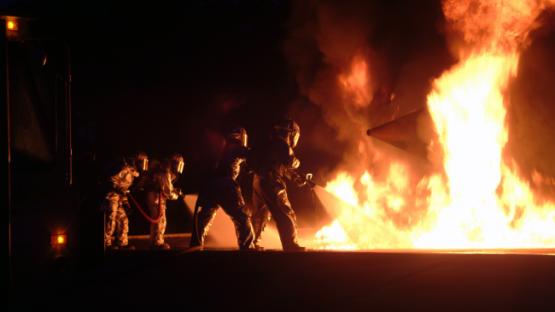A Not-So-Secret-Anymore Ballot In The Philippines

The National Privacy Commission has had to firefight a huge leak of voter data in Philippines just one month before the elections
Raymund Liboro, the Philippines’ National Privacy Commissioner, has had a tough few weeks. Barely has his office even existed -- he was appointed in March -- than it is having to firefight what is being reported as the country’s most massive data breach to date. On 27 March, a hacker broke in to the national Commission on Elections (Comelec)’s servers and stole the personal data of 55 million of the country’s registered voters. That data has since been posted online has included full names, addresses, passport numbers, and fingerprint data of millions of Filipino voters. This only a few weeks before the country headed to the pollsto elect its President and other officials. The privacy commission’s trial by fire has begun.
Fair and free elections require universal, equal and secret suffrage and election monitors look to these criteria in assessing them. This is much harder to maintain when there is a breach of confidence on both personal and political levels of such a massive scale.
The effects of the hack are deeply personal. While passwords can be changed, changing a fingerprint is impossible. The publication of addresses and passport numbers makes Filipinos more open to garden variety fraud and scams, while details about heights and weights is perhaps more embarrassing. But on a more serious note, multiply that personal data vulnerability by 55 million and you have a giant national security problem.
The hack is a political hazard, too. Just how verifiable are the results of today’s elections, if the electoral commission cannot even secure basic voter data? What measures have been put in place to make sure that the votes themselves remain secret?
It is an issue that hasn’t escaped Filipino lawyers, some of whom have called for Comelec to be impeached. One former politician even called on the church and military to “save”Philippines’ democracy. Here’s hoping for a more secure election and a less leaky democratic future.



